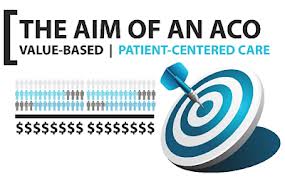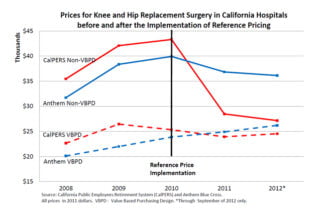Utah Sen. Hatch introduced a bill in Congress that would repeal the provision of the Affordable Care Act that removed OTC medications as eligible medical expenses under IRS code 213(d). In addition, the bill would remove the use-it-or-lose-it provision.
Utah Sen. Hatch introduced a bill in Congress that would repeal the provision of the Affordable Care Act that removed OTC medications as eligible medical expenses under IRS code 213(d). In addition, the bill would remove the use-it-or-lose-it provision.
Consumers have long used over-the-counter (OTC) remedies to treat minor symptoms. Increasingly, traditional self-treatments have been joined by new, potent medications that the U.S. Food and Drug Administration (FDA) has moved from prescription-only to OTC status. Consumers benefit from self-administered OTC medications with lower prices and easier access. Thus it was shortsighted for Congress to declassify OTC medications as Eligible Medical Expenses under IRS code 213(d).
The amount of tax revenue gained by prohibiting the purchase of OTC medications with pre-tax dollars is estimated at no more than $5 billion from 2011 through 2019. However, the cost to patients and insurers could be far higher. OTC medications originate from the safest prescription medications — those judged safe enough to self-administer without a doctor’s prescription. In addition, many Americans will substitute more costly prescription medications that are reimbursed by their health plan pushing premiums up. At the very least Americans will pay higher prices. The discount for using an HSA, FSA or HRA to pay for OTC medications can approach 40% to 45% when federal and state income tax, and payroll tax is factored in.







